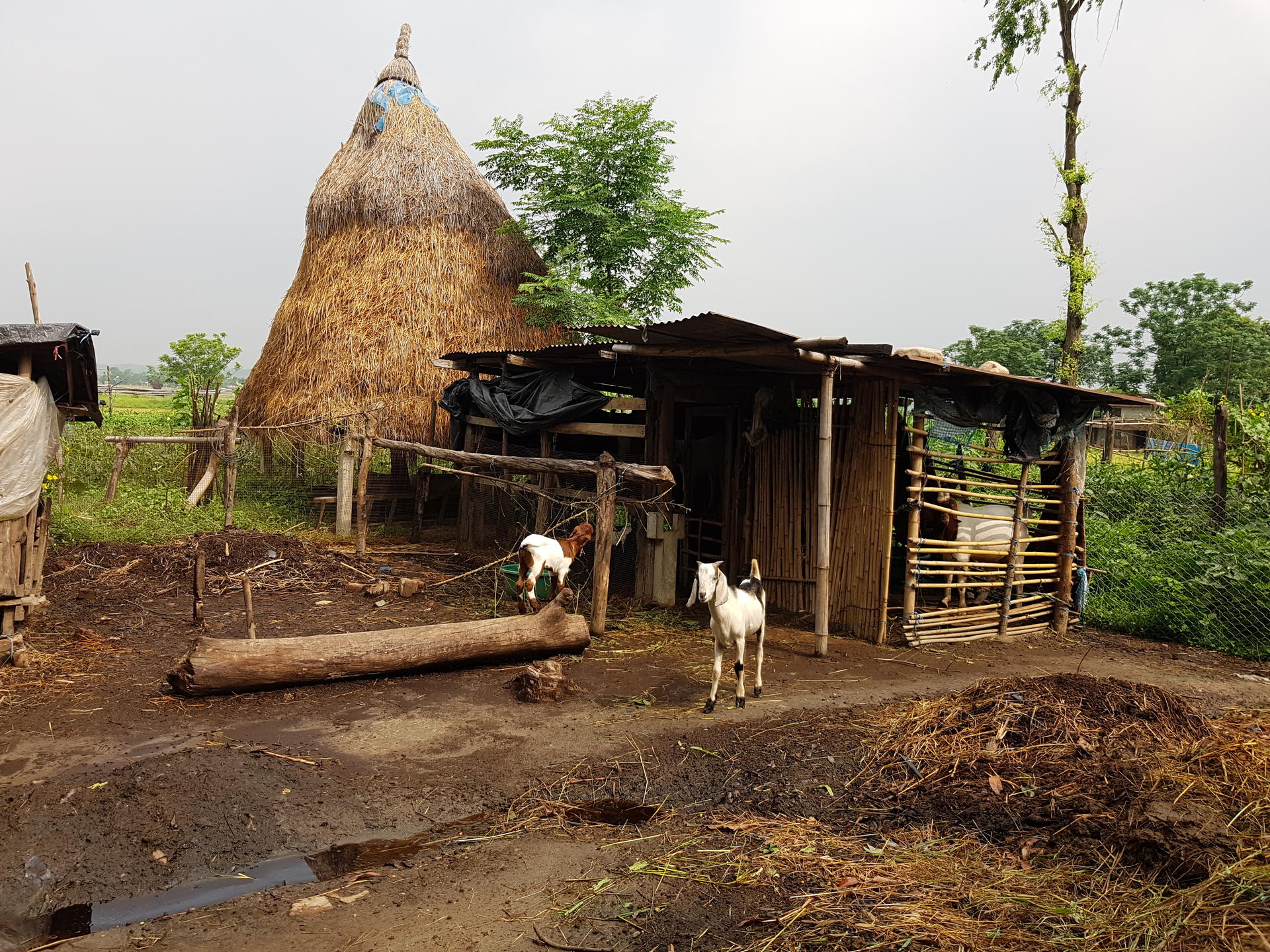Design of national consultative processes
A good starting point for a national consultative process is creating or enhancing awareness on the importance of Farmers' Rights. The more operational parts of the consultative process can be designed as a series of workshops/seminars leading towards a framework for implementation of Farmers' Rights, and if required, monitoring such implementation.
Depending on the size of the country and resources available, it may start out with workshops in various regions of the country (for example in federal states, if relevant), the results of which could feed in to national level workshops. In such a case, representatives from the different regions could be invited to the national level workshops to present and represent the results from their regions.
The first national level workshop would be aimed at outlining the contents and structures of a framework of implementation of Farmers' Rights. It could have a duration of three days. This is much time to be out of office for many of the potential participants. However, it is required to enable a positive dialogue as well arriving at a framework of implementation of Farmers' Rights.
A second national level workshop could be structured to detail these recommendations and develop strategies to safeguard their implementation.
Further workshops could be conducted to monitor progress in the implementation and provide recommendations as to required steps.
25-30 participants are an optimal size for a workshop. It allows for broad participation in plenary discussions as well as 3-4 groups (as appropriate). Groups should ideally have 6-9 members and all central stakeholder categories should be represented, if possible, to ensure dialogue across sectors.
It is important to ensure that adequate reporting is taking place in each workshop, and that the reports are distributed among the participants for comments. These may become important working documents for the implementation of Farmers' Rights.
Top photo: Regine Andersen / FNI
